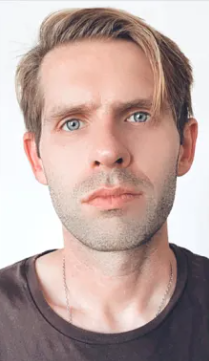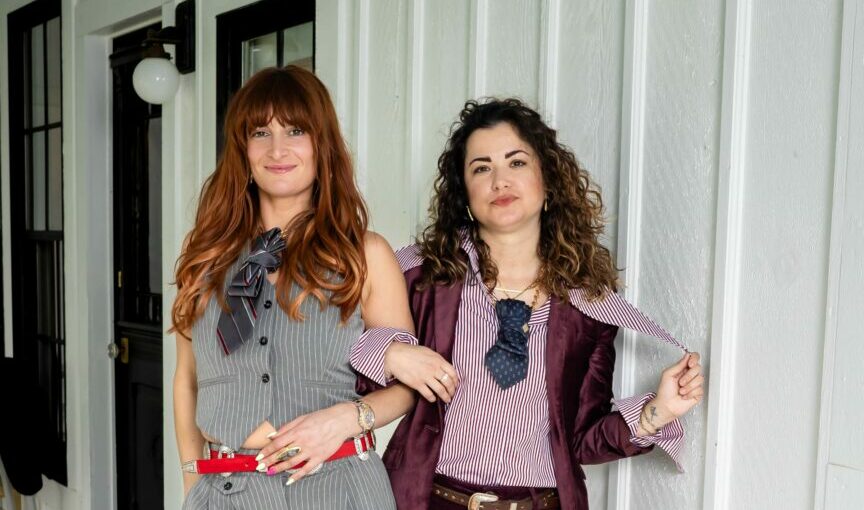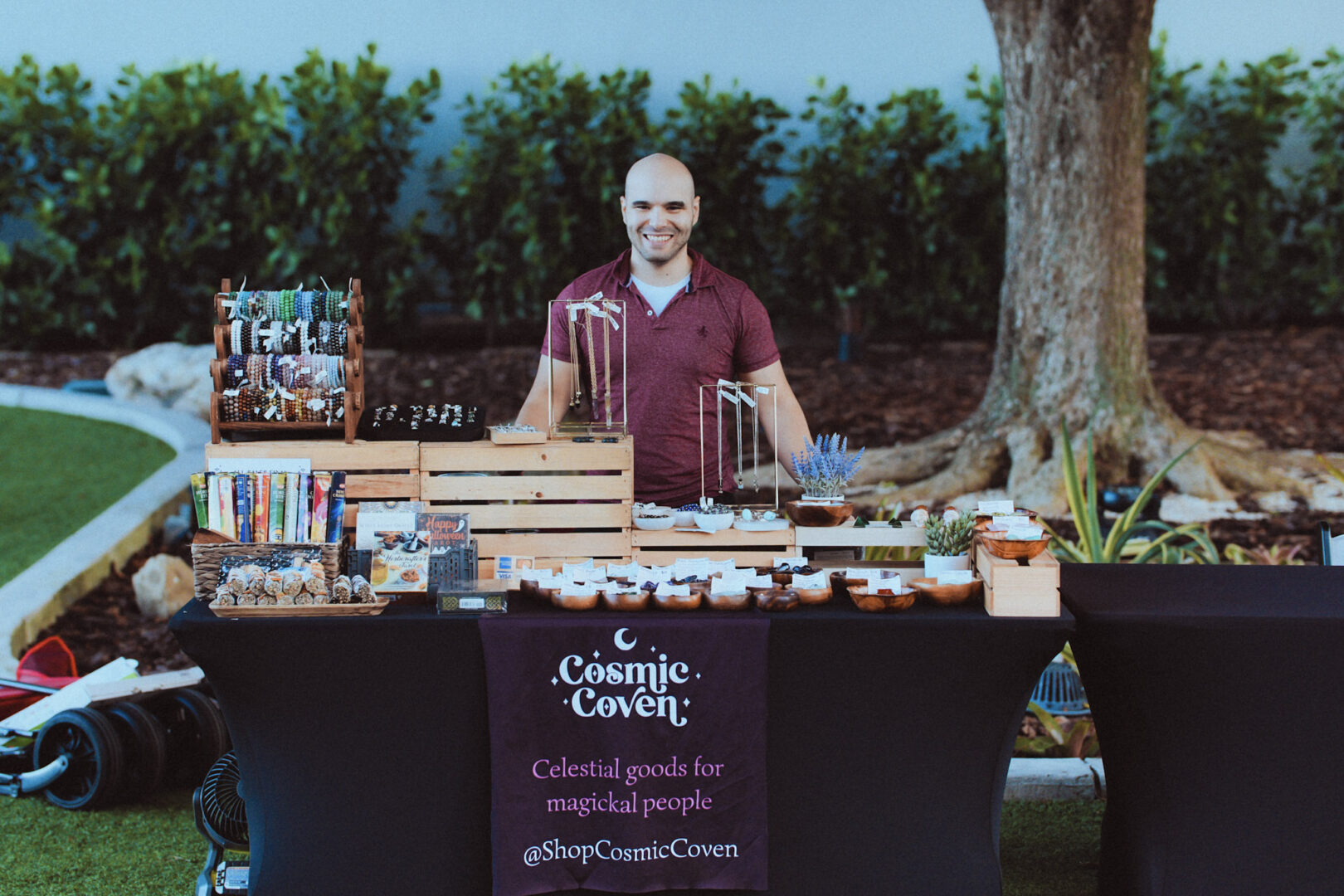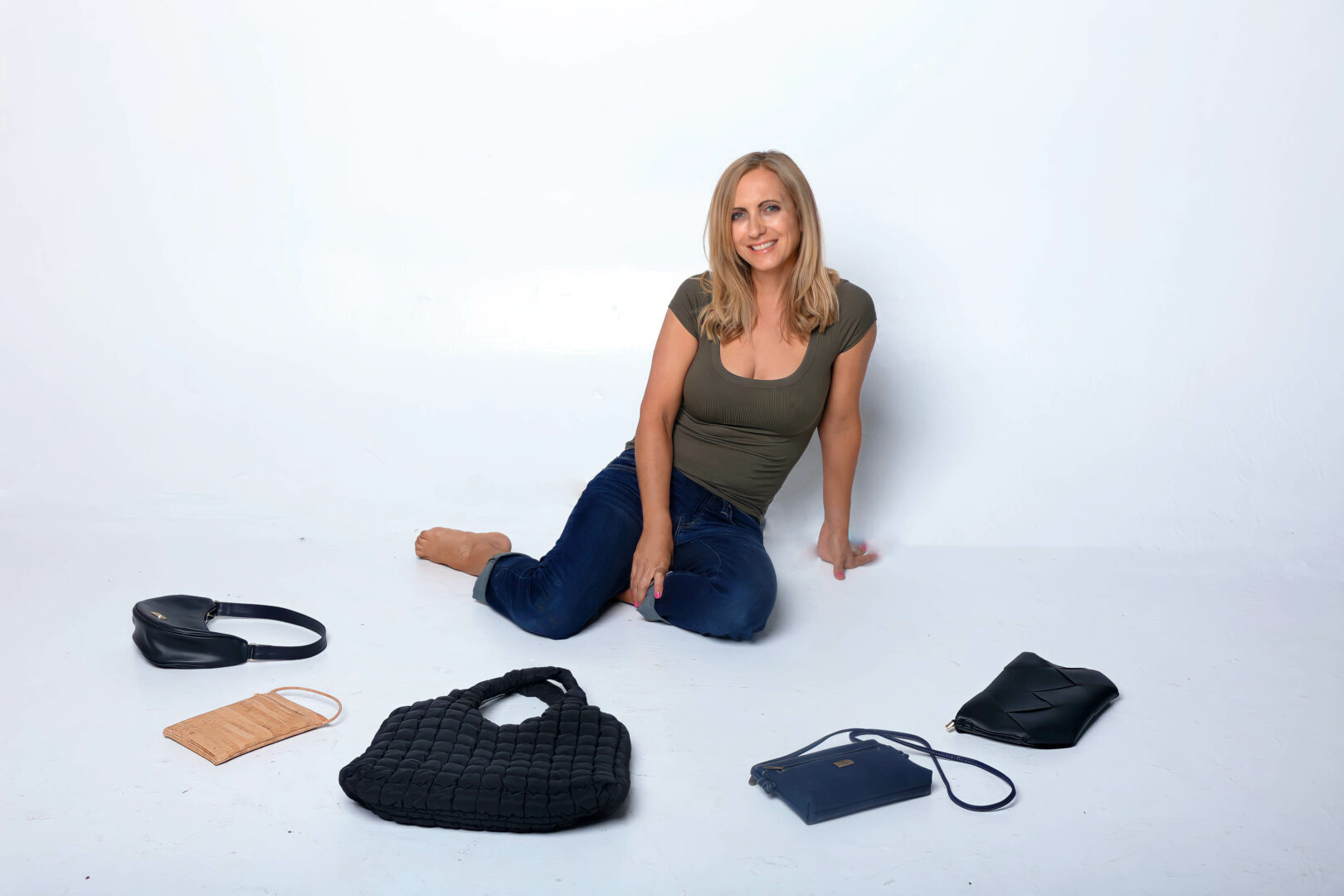We’re excited to introduce you to the always interesting and insightful Noah Griffith. We hope you’ll enjoy our conversation with Noah below.
Noah, appreciate you making time for us and sharing your wisdom with the community. So many of us go through similar pain points throughout our journeys and so hearing about how others overcame obstacles can be helpful. One of those struggles is keeping creativity alive despite all the stresses, challenges and problems we might be dealing with. How do you keep your creativity alive?
Creativity, for me, works a lot like exercise. Years ago, I messed up my knees by doing the same workout routines over and over again without variation. I’ve come to see creativity the same way. If all I ever do is write scripts, read scripts, and watch movies & TV, I start to feel like I’m just running laps on a track I’ve already worn down. So I mix it up. I read novels outside my genre, I dig into strange corners of history, I listen to music I don’t fully understand, I explore unfamiliar neighborhoods, or try to learn a new skill that’s completely disconnected from writing.
I think creative longevity depends on staying curious, surprising yourself, and keeping your brain just a little uncomfortable.
Speaking of uncomfortable — if I have the time and money, traveling abroad is a great way to keep your mind sharp because it forces you to step outside your routine and experience the world through a different lens. As a sci fi writer, I’m constantly amazed by how many stories there are about alternate dimensions, when the truth is: you don’t need a particle collider to find one — you just need a plane ticket!
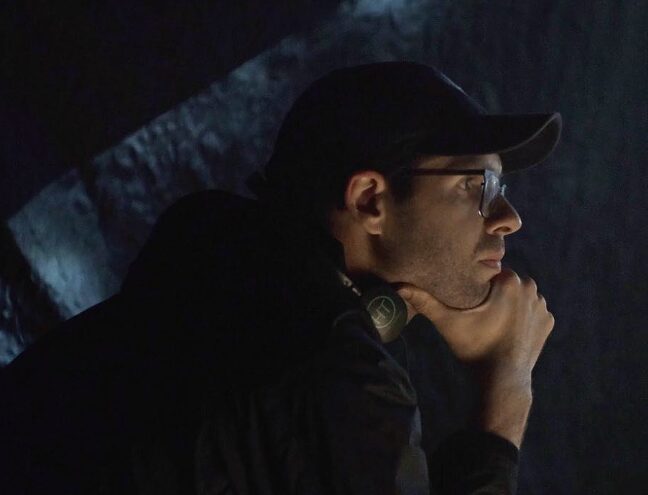
Thanks, so before we move on maybe you can share a bit more about yourself?
I originally set out to be a film composer. Music was my first love, and I thought I’d spend my life scoring movies. But after running into just how slow and difficult that world is to break into, I pivoted to an equally insane endeavor — becoming a screenwriter. What started as a side path quickly became the path. I fell in love with the craft of building worlds and the characters who live in them. It scratched the same creative itch, just through a different language.
A major turning point came when I met my writing partner. He comes from a mathematics background, and with my music background, we developed a kind of yin-yang approach to storytelling. That collaboration has made everything even better. Screenwriting became less of a solitary pursuit and more of a team sport, the way making film and television is meant to be.
Most of our work lives in the genre space — sci-fi, horror, thriller. We’ve worked on Stephen King adaptations and comic book properties, but no matter how big or weird the concept, we’re always chasing the human story underneath.
I’m especially drawn to the tension between what people say and what they actually do — because those moments of contradiction are where the real story lives and how a character is truly defined.
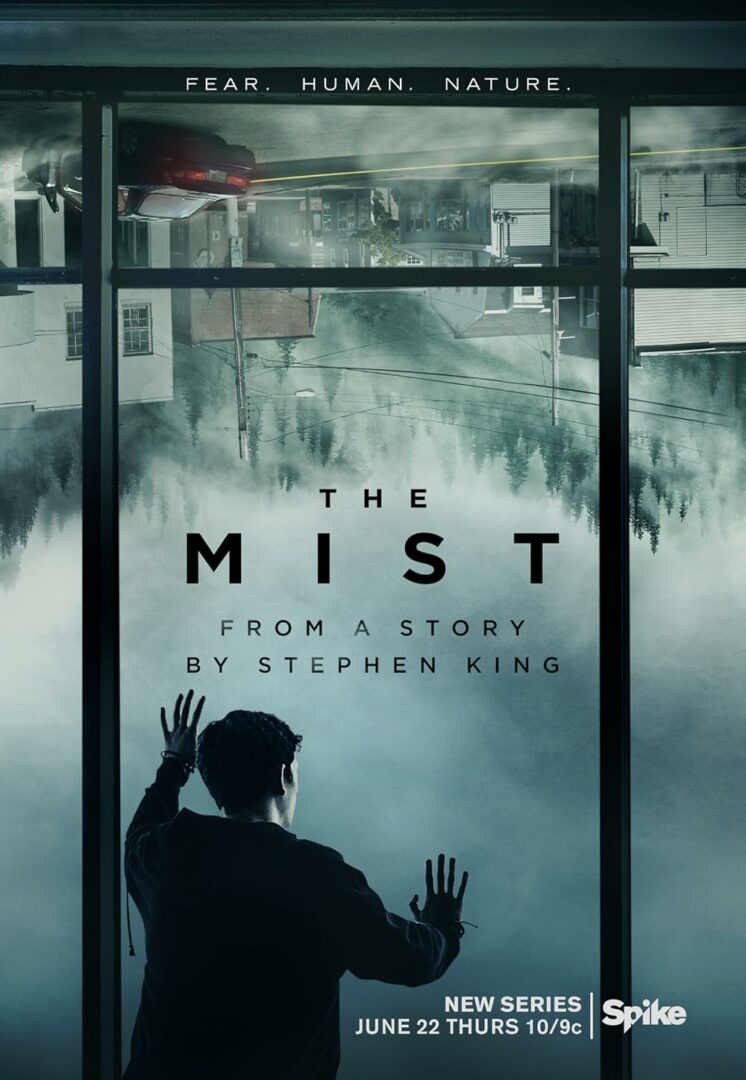
Looking back, what do you think were the three qualities, skills, or areas of knowledge that were most impactful in your journey? What advice do you have for folks who are early in their journey in terms of how they can best develop or improve on these?
In an attempt to keep things simple, I’ll touch on my music background again. One thing I’ve learned over time is that once you really master one skill, you start to see how it can translate into others. Shifting from composing to screenwriting might sound like a wild pivot, but at the craft level, it actually made sense — both rely on rhythm, structure, restraint, and emotion. It was just a different instrument.
Even the day jobs I’ve had — gas stations, call centers, working on boats — all of them, in their own weird way, mirrored the path into music, and later screenwriting. You’re navigating systems, managing pressure, reading people, finding creative workarounds inside frameworks.
That’s a long way of saying: whatever you’re doing right now, you’re probably already rehearsing for where you want to go. You’re building the muscles, even if you don’t know it yet.
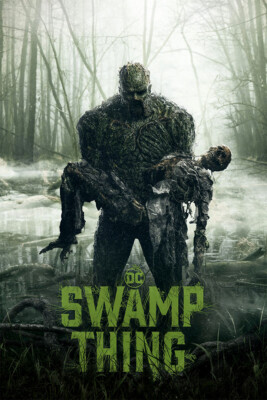
We’ve all got limited resources, time, energy, focus etc – so if you had to choose between going all in on your strengths or working on areas where you aren’t as strong, what would you choose?
I think the honest answer is: it depends on what you’re trying to do. But in general, I’ve found that doubling down on your strengths — the things you naturally do well, the way your brain is wired — is what gives your work its voice. At the same time, you can’t ignore your blind spots because sometimes they’ll hold you back! I’ll give you an example…
I’ve always felt pretty confident on the page. That’s where I do my best thinking. But one area I’ve really had to work at is pitching. And in a writers’ room, if you can’t pitch an idea clearly and confidently, it might as well not exist. So I watched how my writing partner — who’s much more naturally verbal and structured in his delivery — was able to sell an idea just by how he framed it. I started learning from him, and from others (there’s plenty of resources for this online), and the biggest breakthrough I had was this: just slow down. Let the idea breathe. Stop trying to rush through it or hide your uncertainty with speed.
That’s a long way of saying: I believe in going all in on your strengths — but I also think you should level up your weaknesses just enough to keep the engine running.
Contact Info:
- Website: https://www.imdb.com/name/nm7275370/?ref_=nv_sr_srsg_0_tt_0_nm_8_in_0_q_noah%2520griffith
- Instagram: https://www.instagram.com/noahwhatithink/
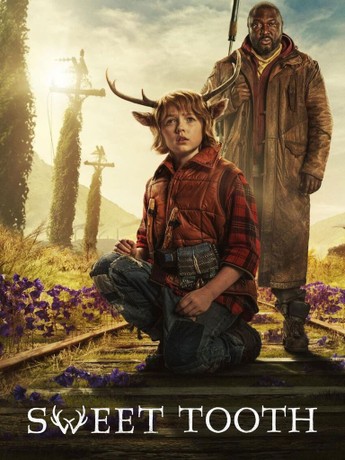
so if you or someone you know deserves recognition please let us know here.

